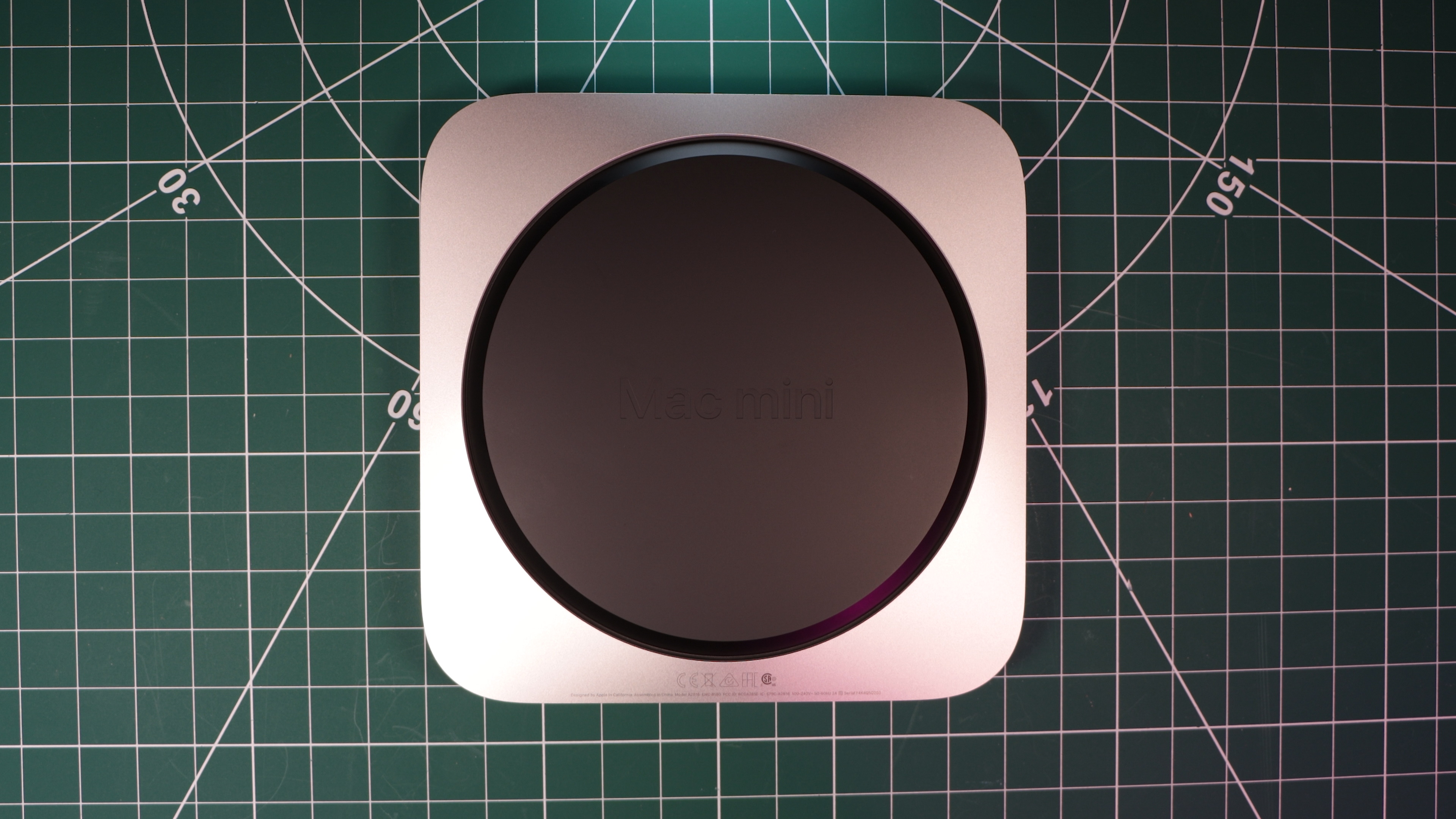Plenty of users out there have old Macs that can't run the latest macOS version, but thanks to OpenCore, this is now possible - albeit with some caveats.
Version 0.6.1 allows anyone with a Mac as old as 16 years to upgrade to macOS Ventura, so you can use apps such as Photos and services like Apple Arcade with no issue. However, newer features like Stage Manager can't be used, as OpenCore doesn't currently support it.
OpenCore is a community project where many macOS drivers have been reverse-engineered or recreated from scratch, so you can use WiFi and Bluetooth to enable other features such as AirPlay and Continuity.
However, we don't recommend you do this, as the risks far outweigh the benefits - especially when you could simply order an M2 Mac mini and enjoy Ventura (and future macOS updates) in a faster, safer way.
It's easier to simply upgrade to a new Mac

When you look into the weeds of what the release notes state at GitHub it looks encouraging, and if you want to try it out for the old Mac that's been sitting on a shelf for the last decade, then that's your prerogative!
The following Macs can use OpenCore to upgrade to macOS Ventura with a fresh install:
- 2007 – 2017 iMac
- 2008 – 2016 MacBook
- 2008 – 2016 MacBook Pro
- 2008 – 2013 Mac Pro
- 2009 – 2017 MacBook Air
- 2009 – 2017 Mac mini
Yes, future updates over the air are supported, alongside support for Metal, Apple's own framework that can render games on a Mac, similar to Vulkan and OpenGL. However, this isn't sanctioned by Apple, obviously, as the company could bring out a future update to macOS that may bring OpenCore to its knees, and have your Mac refuse to boot into Ventura, rendering it into a big paperweight.
With all of these Macs running on Intel chips, you're also not taking advantage of the greater speed and battery life that Apple Silicon offers. So while it may be great to be using macOS Ventura up to a point with this tool, you're not having the greatest experience compared to an M2 MacBook Air.
Regardless, it's a great effort by a community to bring new life to old Macs, but sometimes, it's best to leave it be, and use this as an educational tool, rather than a method to run a weakened macOS Ventura on an unsupported Mac from 2009.
No comments:
Post a Comment